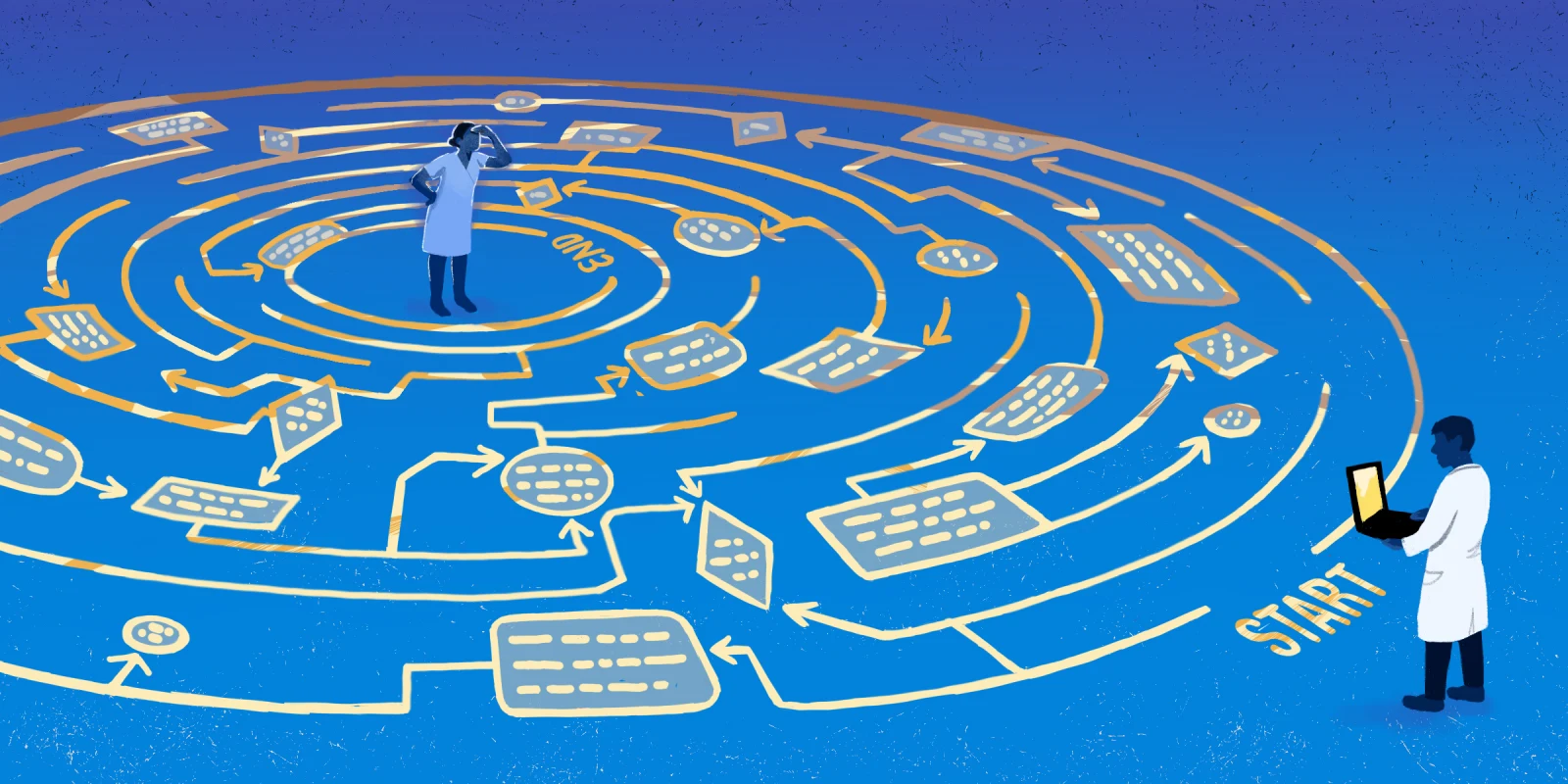Digestive Disease Week (DDW) is one of the largest and most significant conferences in gastroenterology. DDW continues to be the most cutting-edge conference in the field, where leading experts, researchers, and practitioners from around the world assemble to present the latest advancements, research findings, and treatments related to digestive diseases.
As I wrapped up this year’s DDW conference, held in Washington, D.C., I could not help but notice that Artificial Intelligence (AI) continues to be a focal point at DDW conferences, and 2024 was no exception. Continuing the dialogue from the prior year, DDW 2024 underscored how much AI in GI has advanced rapidly and continues to grow into more and more applications.
Most of the sessions revolved around enhancements of AI algorithms with the potential of diagnosing digestive diseases better than before, introducing personalized therapy regimens, and more reliably predicting patient outcomes. Notably, there has been a remarkable improvement in the proficiency of AI systems, enabling the early detection of conditions like colorectal cancer, Barrett’s neoplasia, etc.
Additionally, predictive analytics based on AI are empowering clinicians to objectively measure disease progression and guide personalized treatment planning. These systems can analyze patient data — medical histories, imaging results, and even genetic information — enabling AI algorithms to provide targeted recommendations that improve outcomes and save costs on health care.
Beyond clinical applications, AI is revolutionizing administrative tasks within gastroenterology practices. From automating appointment scheduling and billing processes to facilitating documentation, AI solutions free up health care professionals to focus on patient care.
One notable development is the integration of AI into physician inboxes to streamline communication and improve workflow efficiency. AI algorithms analyze incoming messages, prioritize them based on urgency and relevance, and respond to routine inquiries or requests, such as medication refills or appointment scheduling.
Moreover, AI is now employed in exam rooms to enhance the documentation process during patient consultations. Natural Language Processing algorithms capture and transcribe clinical notes in real-time, reducing how long clinicians spend on documentation and allowing for more meaningful interactions with patients.
In summary, the discussions and presentations at DDW 2024 underscored the transformative potential of AI in gastroenterology, and AI will likely remain a prominent focus at future DDW conferences, too.
Dr. Chhabra has no conflicts of interest to report.
Illustration by Diana Connolly







